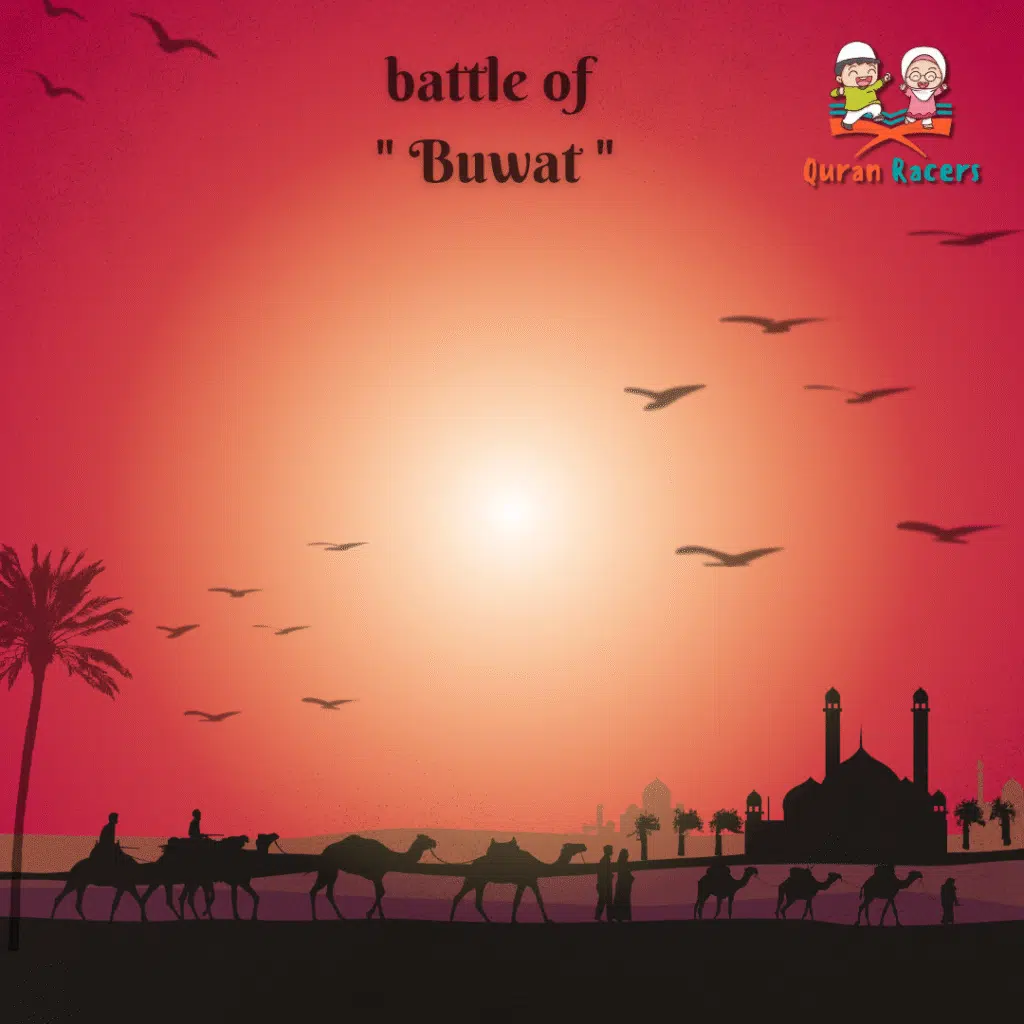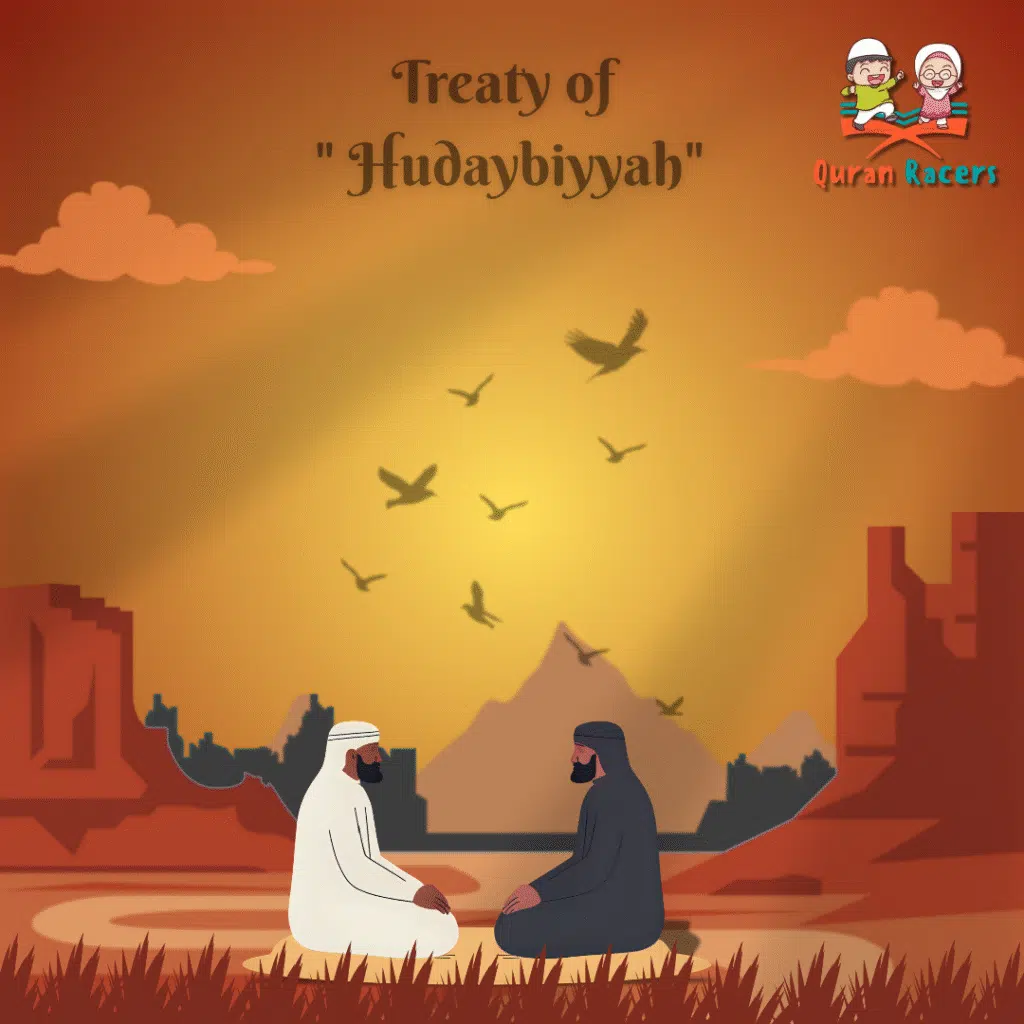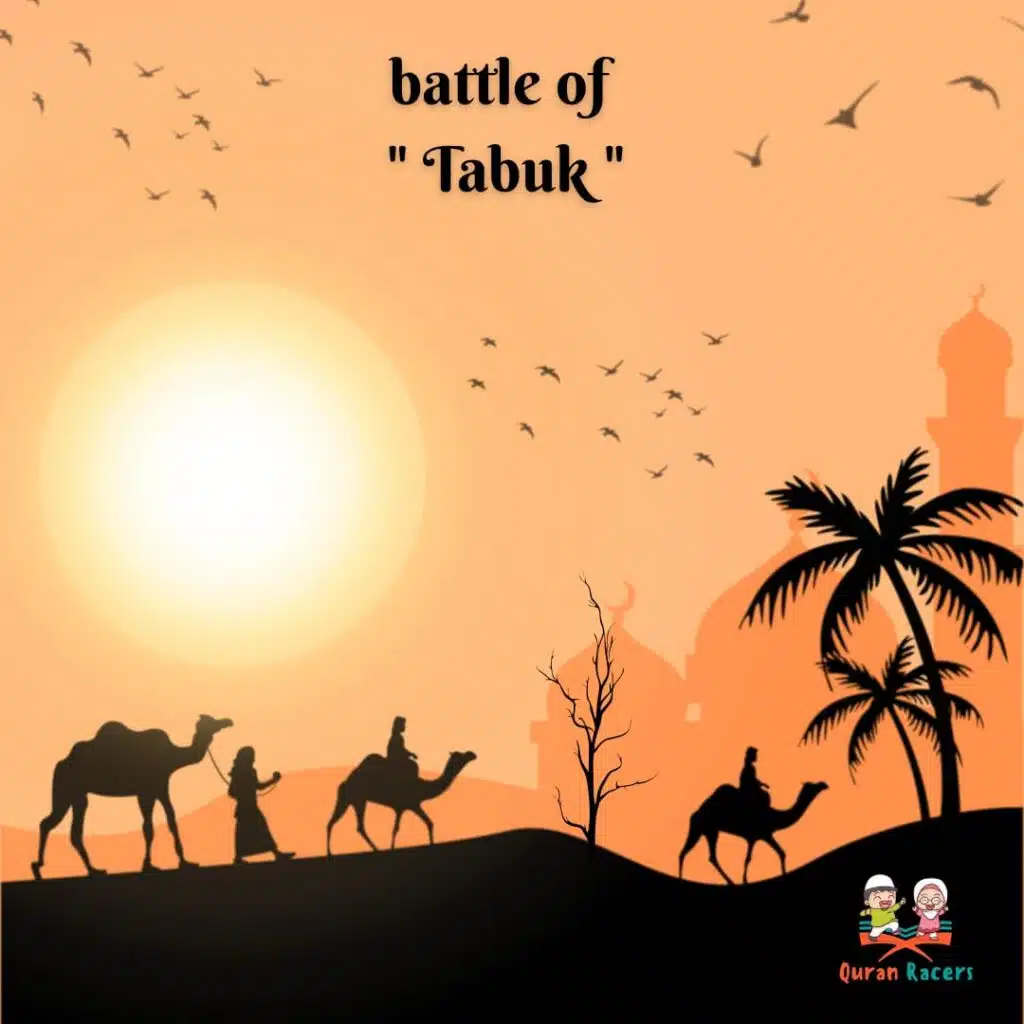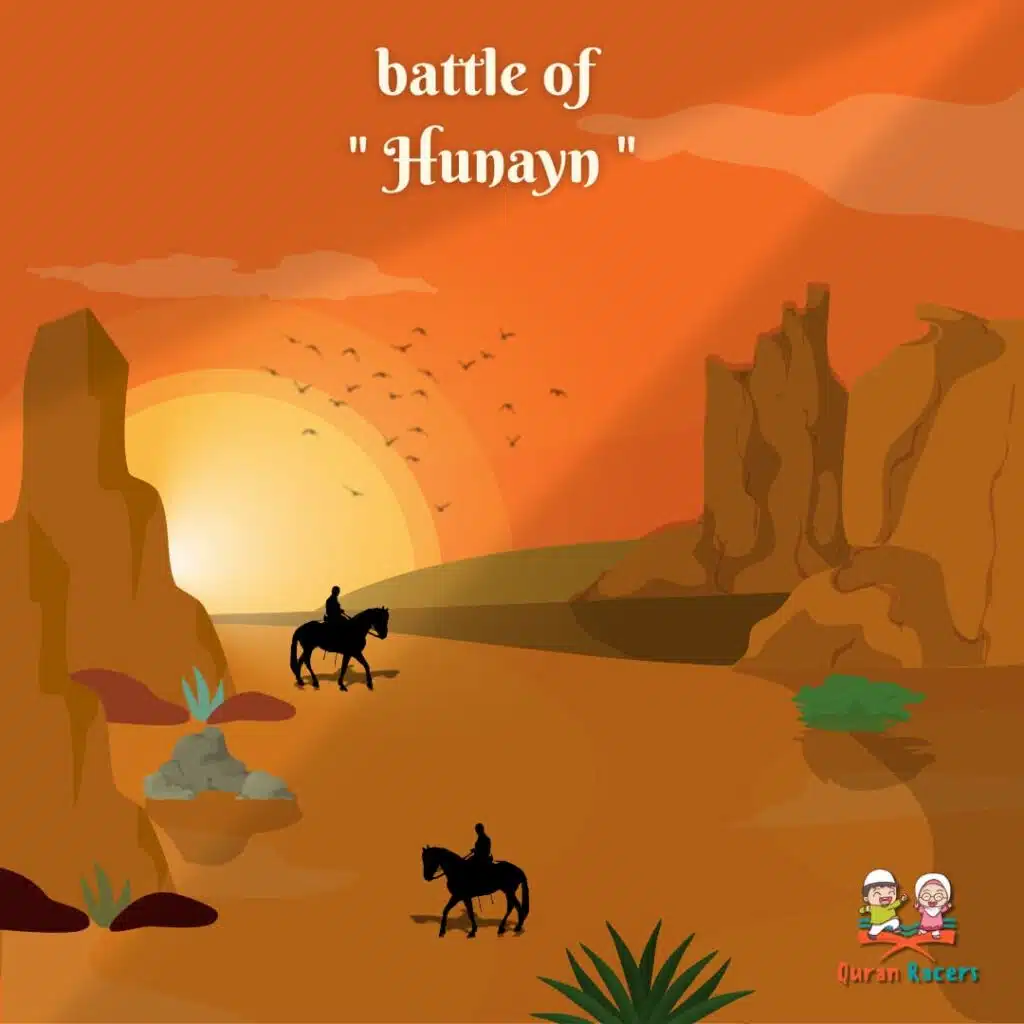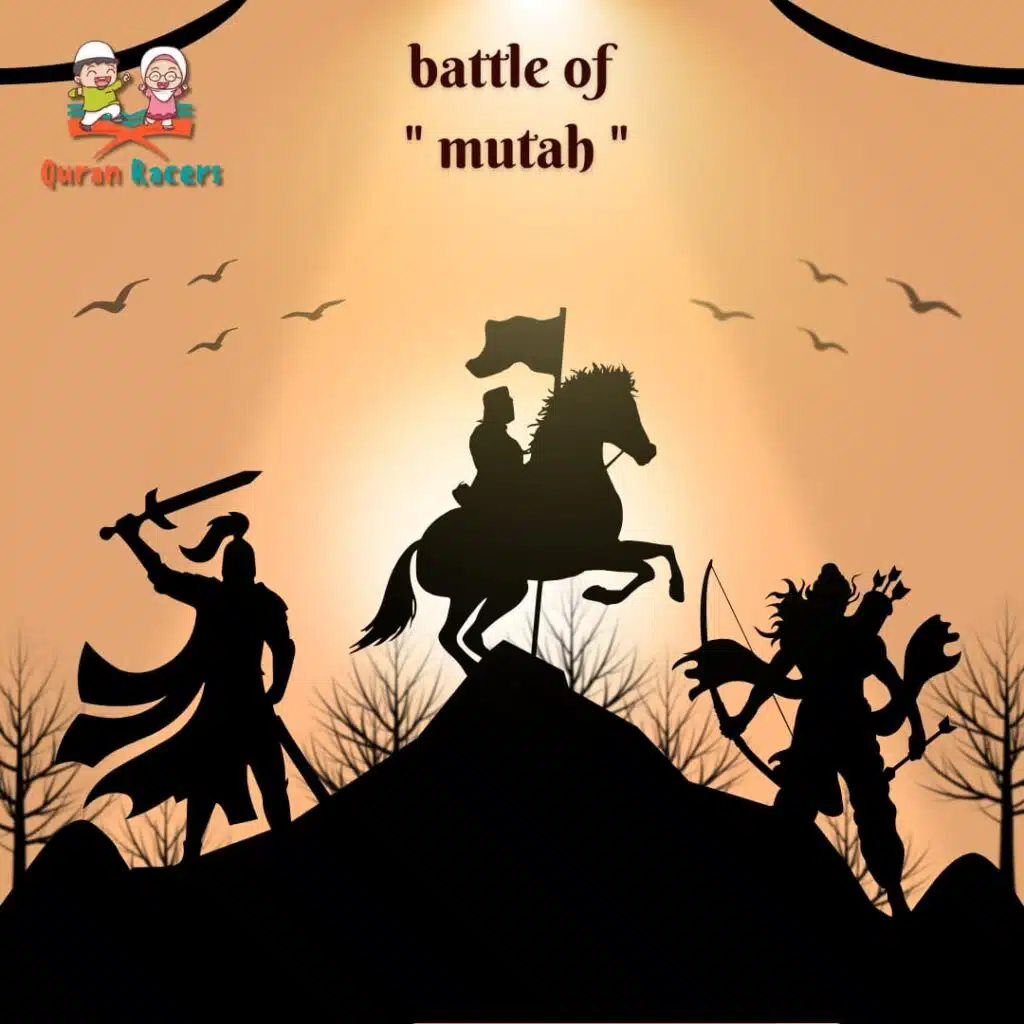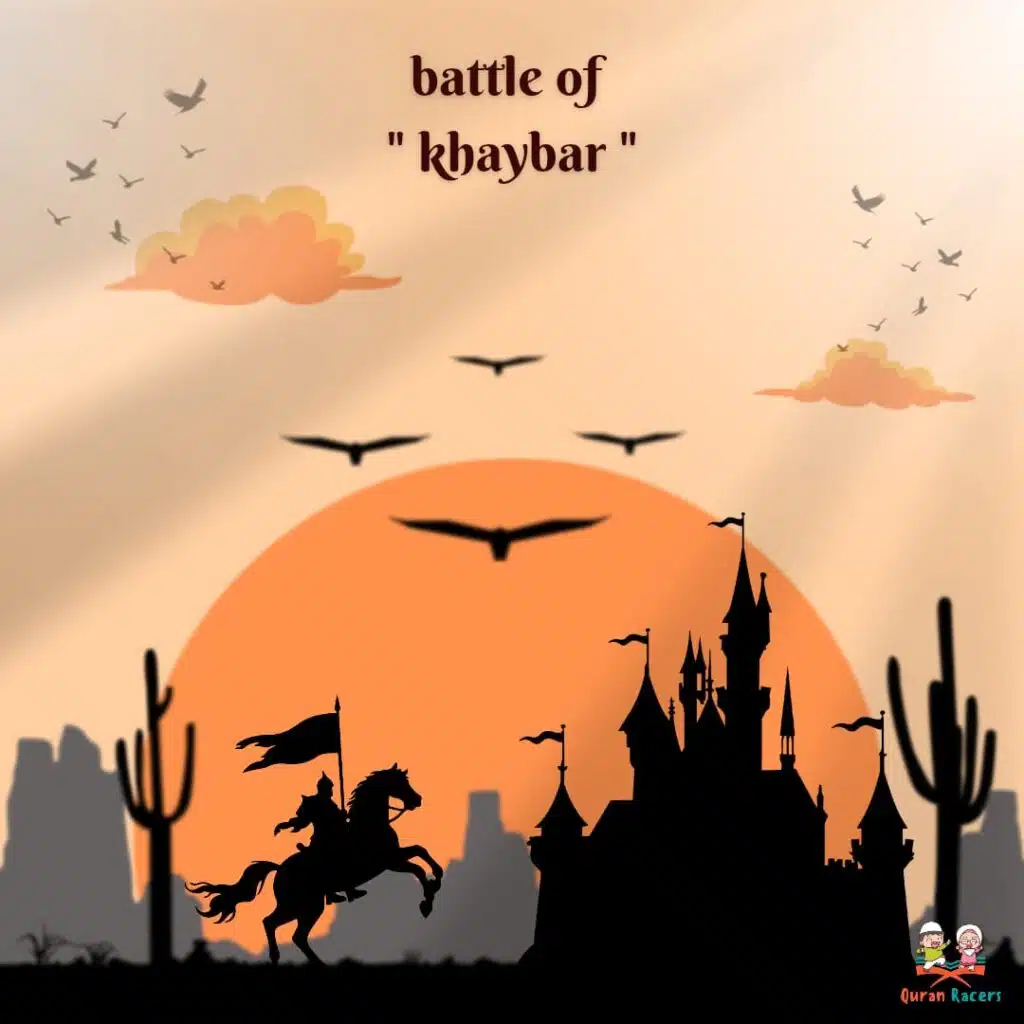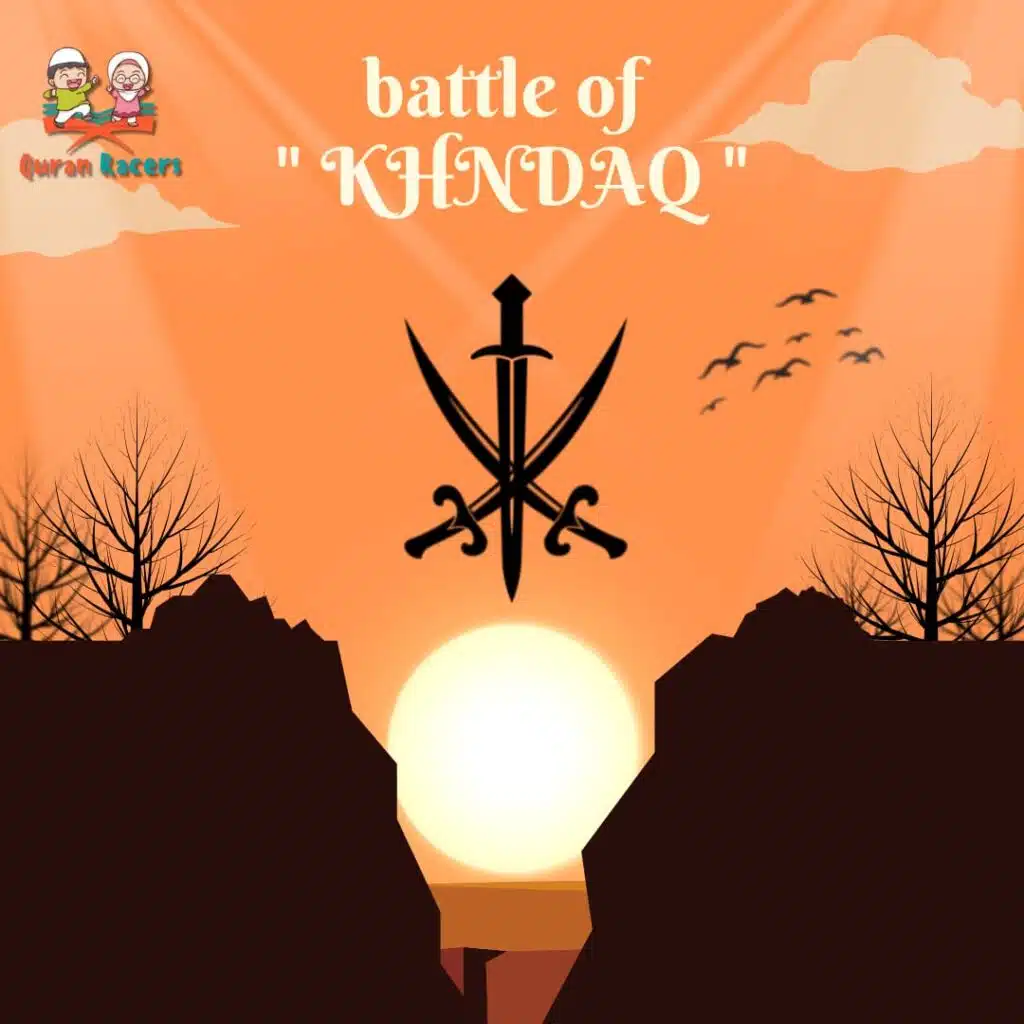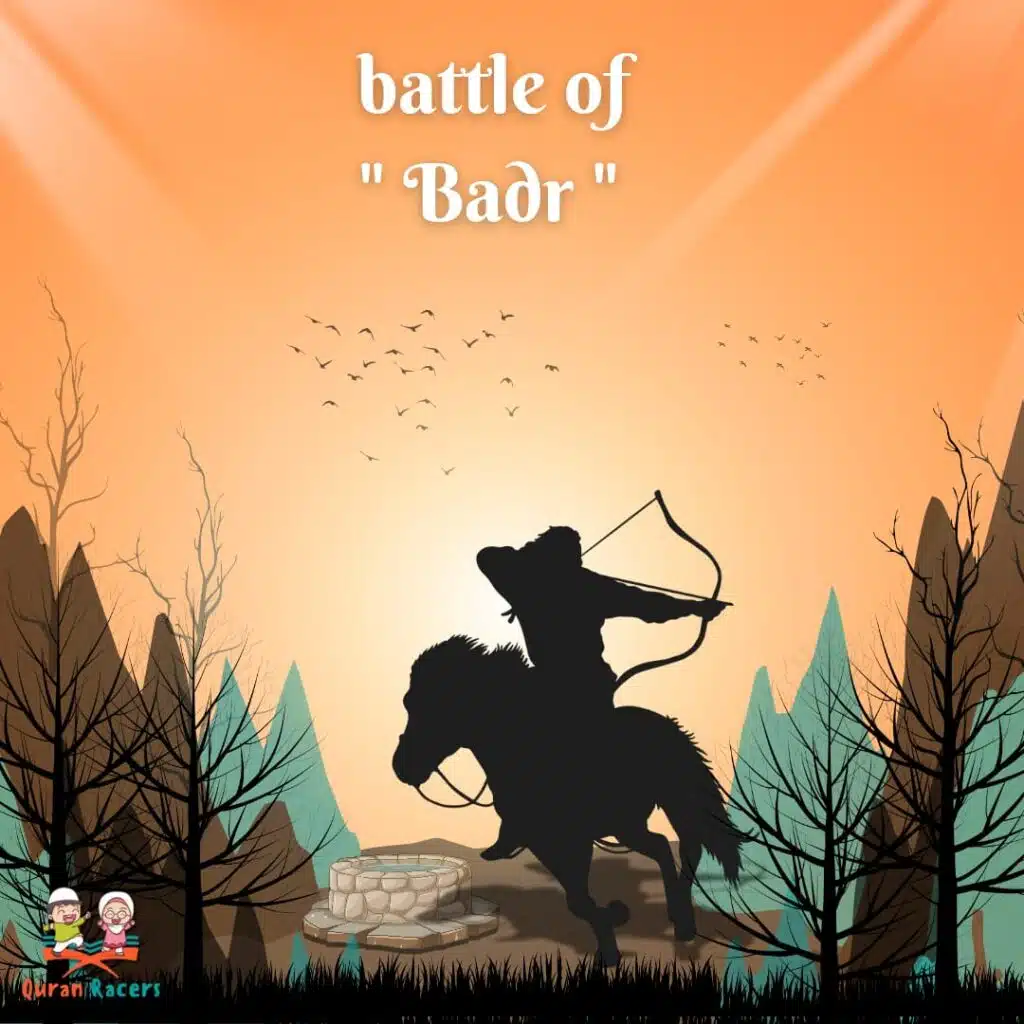The Battle of Buwat – When Intentions Were the Real Victory 2 AH🐪
When Intentions Were the Real Victory 🐪 📅 Year: 2 AH | Location: Buwat, near Yanbu’ in the Arabian Peninsula 🌟 Introduction: No Swords, No Blood — But a Heartfelt Mission The Battle of Buwat was not a battle in the traditional sense. No swords clashed, no blood was spilled — but it was […]
The Battle of Buwat – When Intentions Were the Real Victory 2 AH🐪 Read More »

